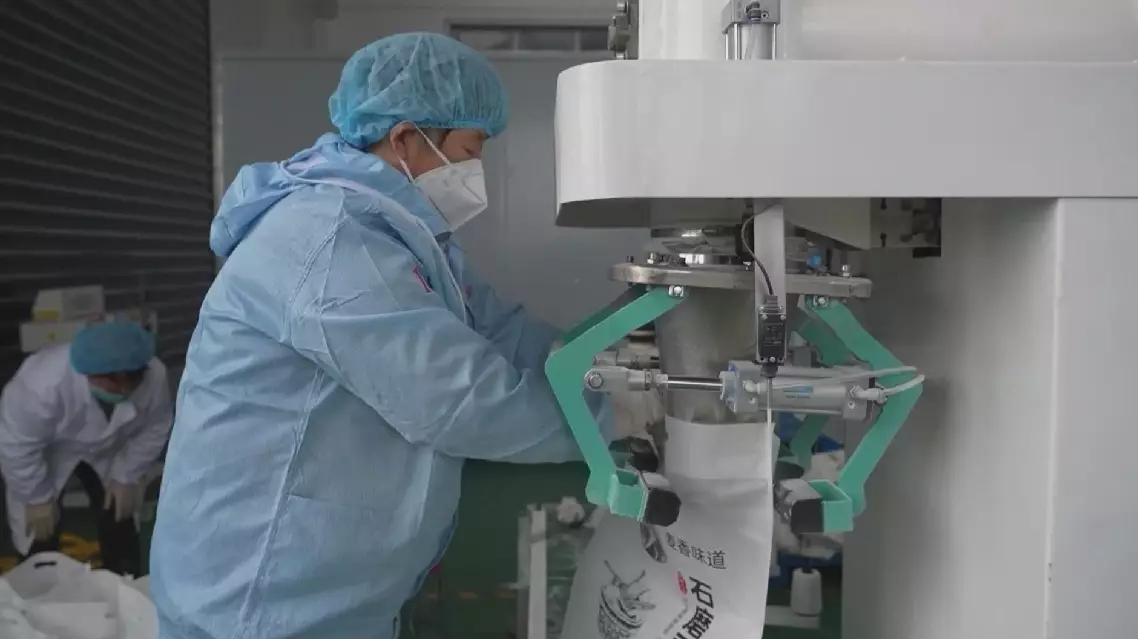China's National Food and Strategic Reserves Administration on Thursday announced the launch the National Whole Grain Action Plan, a comprehensive initiative aimed at enhancing the whole grain industry, encouraging healthy grain consumption, and bolstering food security to a higher standard.
The action plan mainly focuses on the promotion and guidance of whole grain consumption, popularization of whole grain nutrition and health knowledge, improvement of industry standards and quality management and the cultivation of new varieties of whole grain raw materials rich in active substances and excellent edible sensory quality.
"We will implement the whole grain industry upgrade action, guide the production of whole grain food, encourage whole grain food enterprises to transform or build new processing production lines and develop series products, and improve the adaptability of the supply and demand of the whole grain food industry. We will make strides to cultivate a group of leading whole grain food processing enterprises with core competitiveness," said Wang Hong, spokesman of the National Food and Strategic Reserves Administration, at a press conference in Beijing.
Whole grains are grains with complete caryopsis structure after removing inedible parts such as the outer shell, which retains the natural nutrition and active substances in the grains to the maximum extent. Whole grain food is made from whole grains as the main raw material and contains a certain proportion of whole grains.
At present, the proportion of whole grain consumption in China's grain consumption is less than one percent, while the proportion of whole grain consumption in some developed countries has reached 20-35 percent.
"By 2035, people will become significantly more aware of whole grains and the proportion of whole grains in residents' dietary consumption will increase markedly. There will be more abundant and high-quality whole grain products that meet the nutritional and health needs of residents. The supply and consumption of whole grain foods will achieve a dynamic balance," Wang said.
A new whole grain industry development pattern will be formed with a complete chain, reasonable structure, adaptation of supply and demand, and continuous upgrading by 2035, he said.

China unveils plan to boost whole grain production, enhance food security









